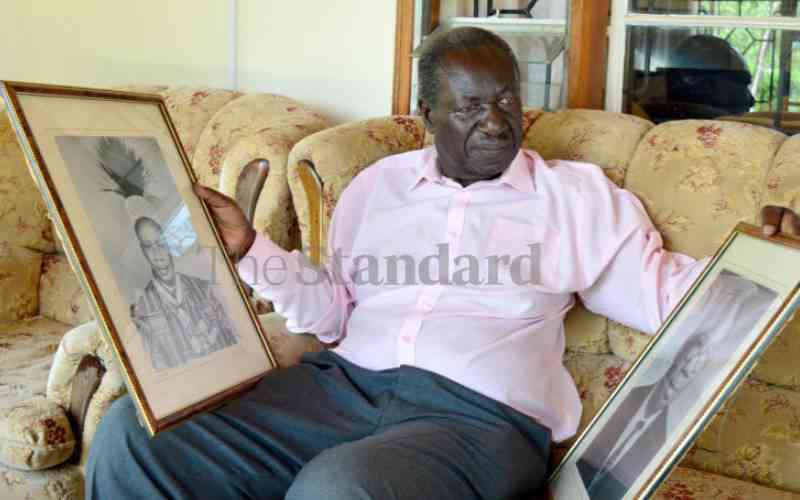×
The Standard e-Paper
Kenya’s Boldest Voice

A stroll around Kogweno village in Karachuonyo, Homa Bay County reveals a puzzling trend and a belief that has been passed down generations.
Here, people refer to themselves as Jo British, meaning they are British or Britons.